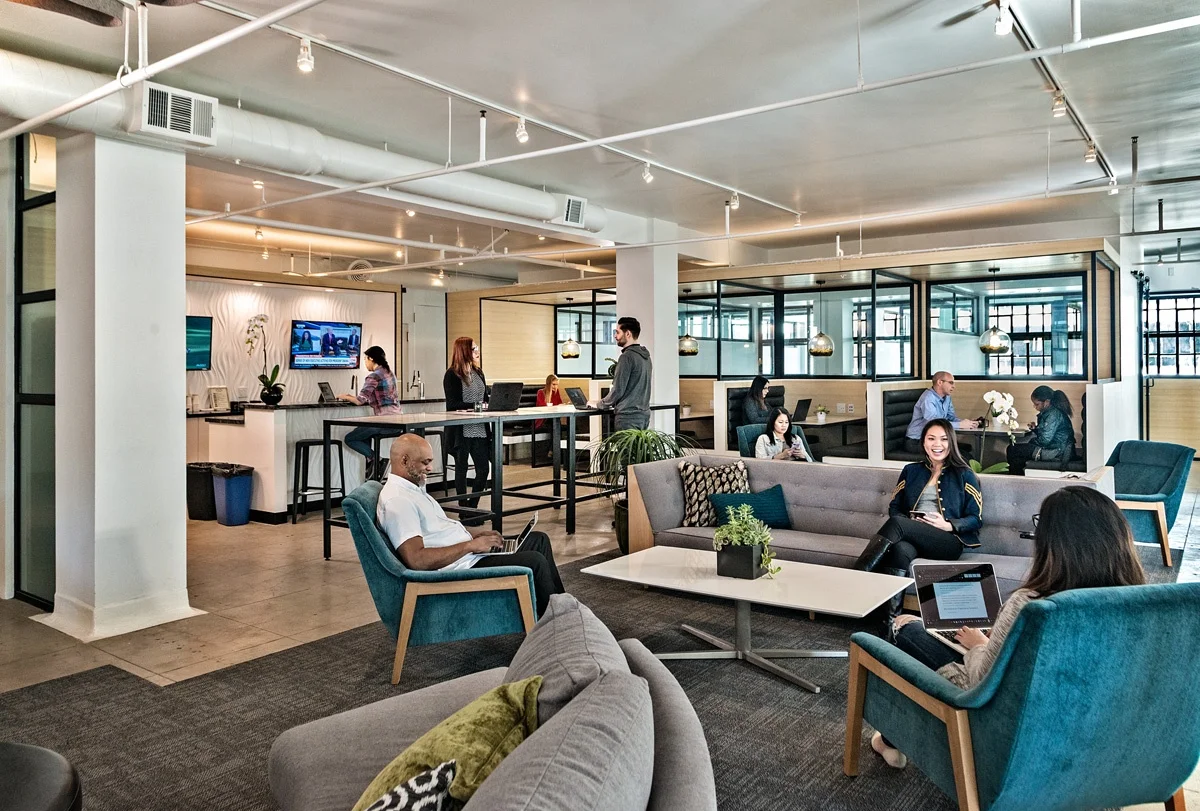Despite the proliferation of coworking and serviced office operators the majority of global corporates still occupy office space on a traditional lease model, with two thirds of companies in a survey by Knight Frank reporting that co-working, serviced and flexible office space comprise 5 percent or less of their current office space. Knight Frank’s Your Space report, which surveys senior executives at 120 global companies which collectively employ in excess of 3.5 million people worldwide and occupy an estimated 233 million sq ft of office space, found that just a small minority, less than 7 percent, said that flexible workspace exceeds a fifth of their total workspace. However demand for flexible workspace is set to accelerate, with over two thirds of global corporates planning to increase their use of flexible coworking and collaborative space over the next three years. According to the report global corporates intend to operate increasingly from flexible, serviced and coworking spaces, to create a more collaborative working environment and offer the freedom to expand and contract quickly according to market conditions.
Dr Lee Elliott, Global Head of Occupier Research at Knight Frank said: “This research underlines that a decade of global economic uncertainty has reshaped how many of the world’s largest companies view workspace. Shorter business planning horizons, together with the emergence of new, more agile corporate structures has driven demand for flexible space which enables companies to react to change quickly.
“While co-working and serviced office operators have grown rapidly over the past five years, driven largely by start-ups and the freelance economy, this is only the tip of the iceberg with latent demand from global companies set to emerge over the next three years.”
Over two thirds, 69 percent, of global corporates plan to increase their utilisation of co-working spaces, and 80 percent expect to grow the amount of collaborative space they use over the next three years. Almost half, 44 percent, stated that flexible space will constitute up to a fifth of all office space in the next three years. An additional 16 percent estimated that as much as half of their workspace globally would be flexible space within the same time period.

